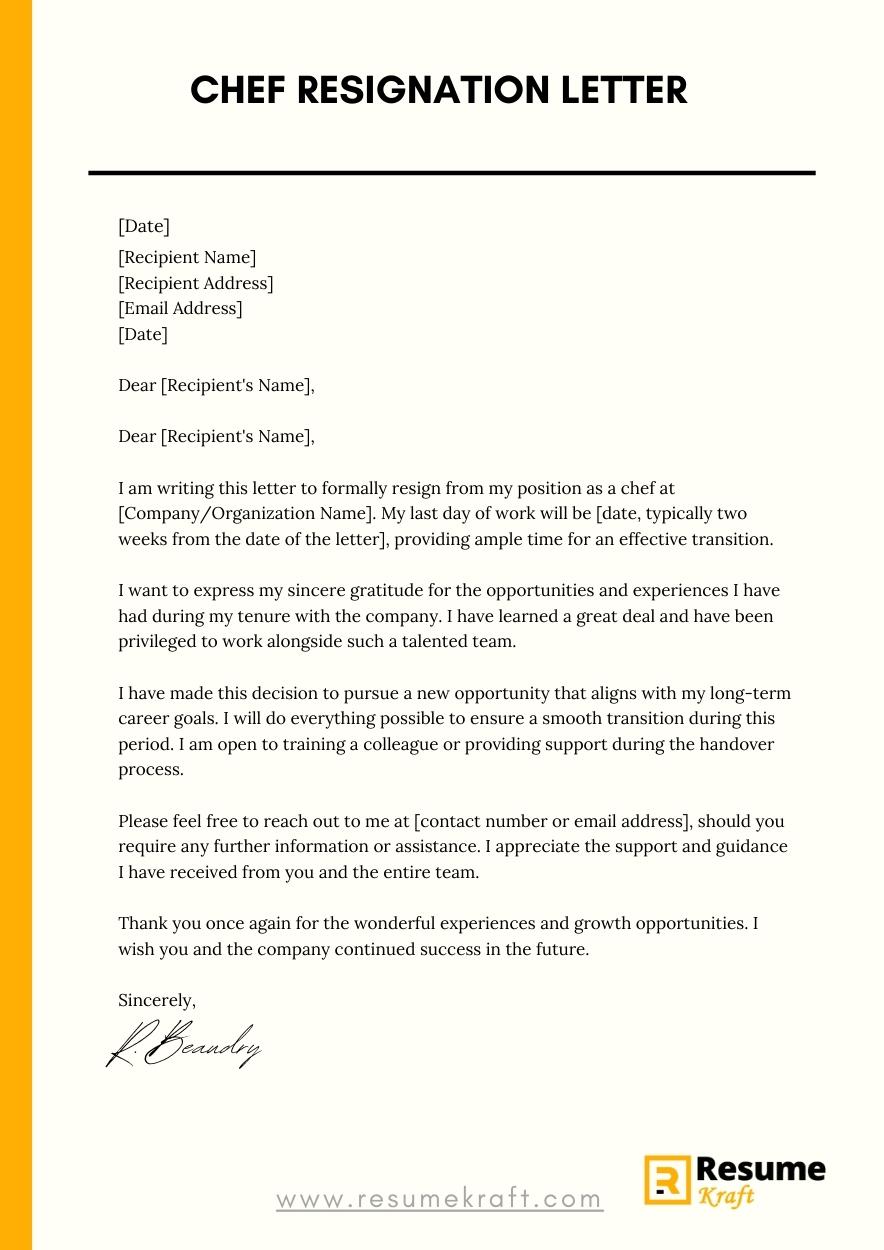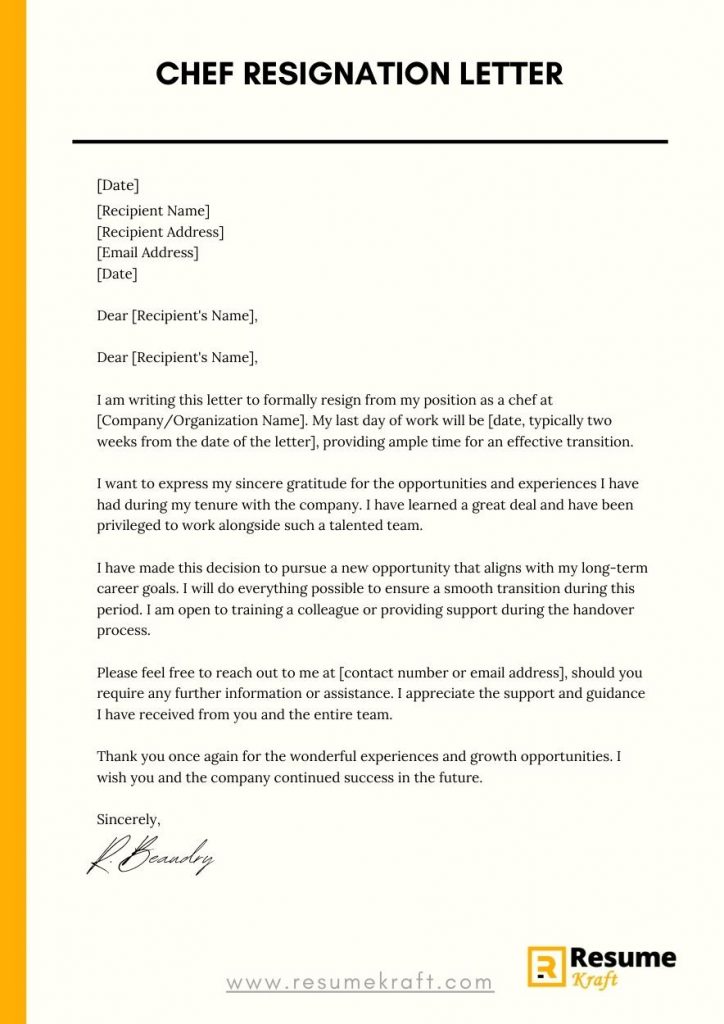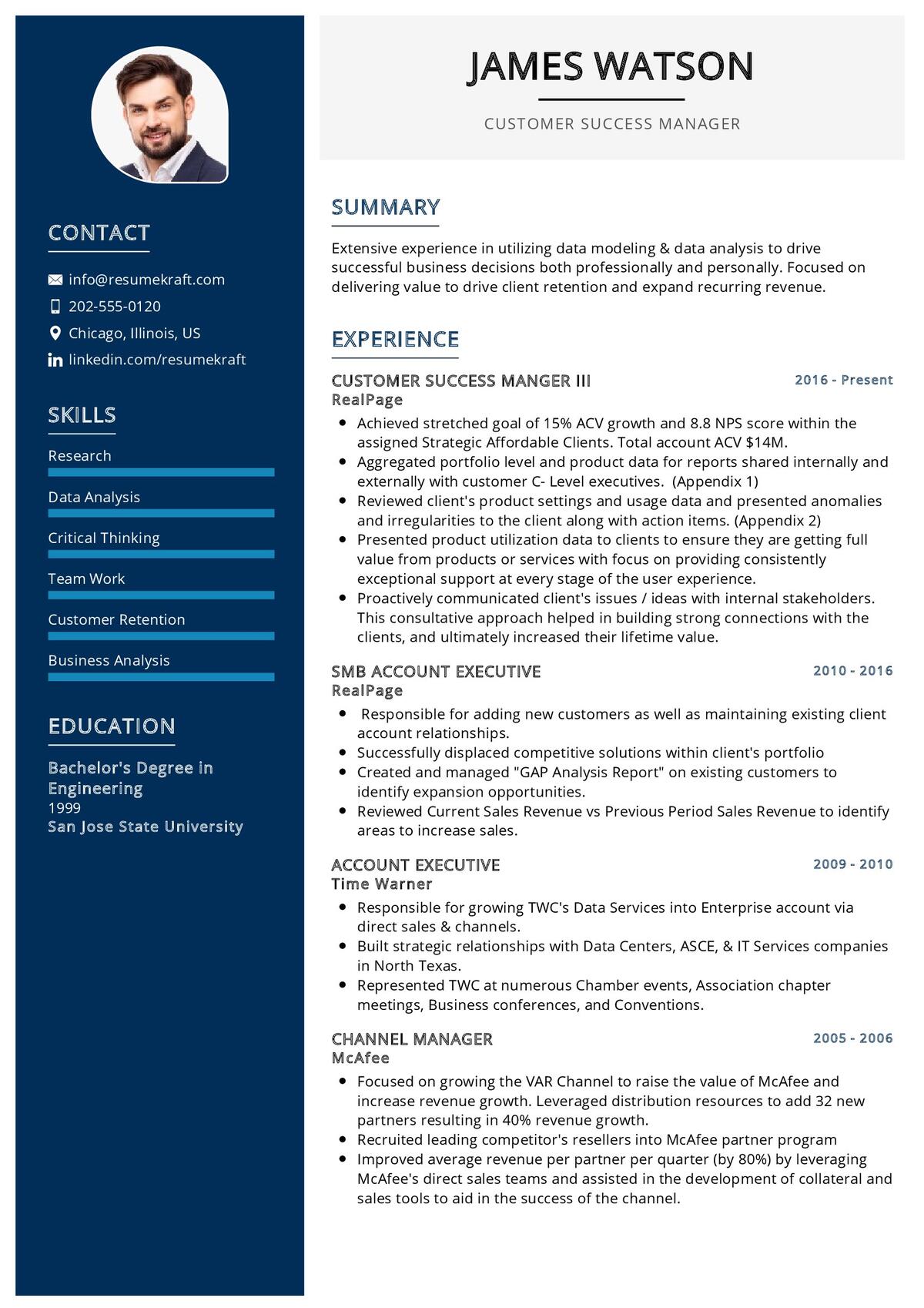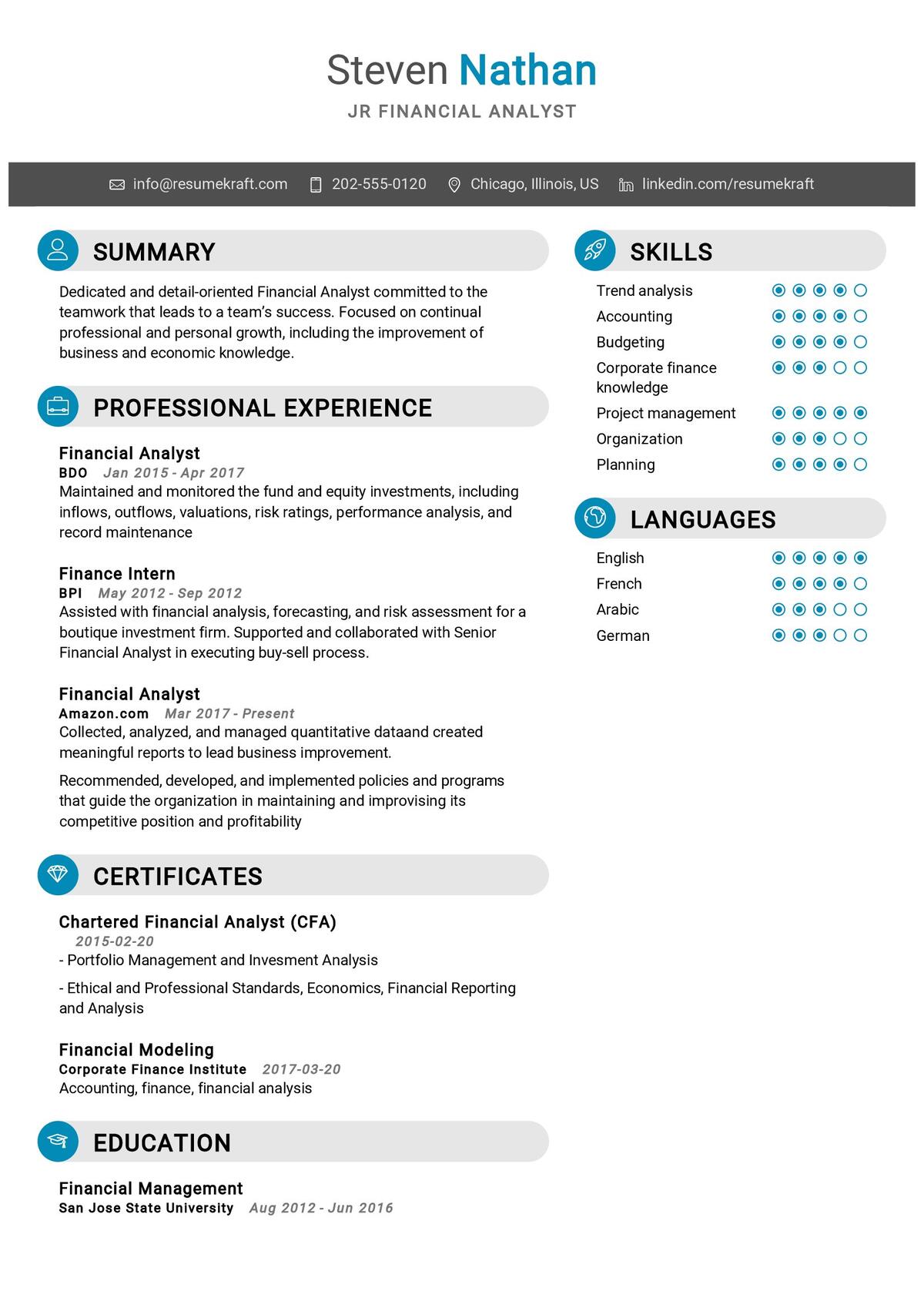
Are you considering resigning from your position as a chef? Writing a resignation letter is an essential step in the process. In this article, we will guide you through the steps of crafting an effective chef resignation letter. We will provide you with key tips on what to include, what to avoid, and how to format your letter. Additionally, we will share real-life samples of resignation letters for your reference.
What To Include in a Chef Resignation Letter
When resigning from your role as a chef, it is important to include the following key information in your resignation letter:
- Date: Begin your letter by including the date of writing.
- Recipient’s Name: Address your letter to your immediate supervisor or the appropriate person in the company’s management hierarchy.
- Salutation: Begin your letter with a respectful salutation, such as “Dear [Recipient’s Name].”
- Statement of Resignation: Clearly state your intention to resign from your position.
- Effective Date: Mention the date on which your resignation will take effect. This will help the employer to plan for your replacement accordingly.
- Gratitude: Express your gratitude for the opportunities and experiences you have gained during your tenure as a chef.
- Reason for Resignation: While not mandatory, you may choose to provide a brief explanation for your resignation. This can help foster a positive and professional relationship with your employer.
- Offer Assistance: Offer to assist with the transition process, such as training a replacement or providing support during the handover period.
- Contact Information: Include your contact information, such as your phone number and email address, so that your employer can reach you if needed.
- Closing: End your letter with a polite closing, such as “Sincerely” or “Best regards,” followed by your full name.
What Not to Include in Your Chef Resignation Letter
While writing your chef resignation letter, it is important to avoid including certain information or adopting an unprofessional tone. Here are a few things to avoid:
- Negative Remarks: Refrain from making negative comments about your employer, colleagues, or the company. Maintain a positive and professional tone throughout the letter.
- Personal Grievances: This is not the appropriate platform to vent personal grievances or complaints. Focus on the positive aspects of your employment instead.
- Excessive Detail: Keep your resignation letter concise and to the point. Avoid unnecessary details or lengthy explanations.
- Immediate Departure: Unless it is a matter of urgency, it is best to provide reasonable notice, catering to the needs of your employer. Avoid requesting an immediate departure unless absolutely necessary.
How To Format a Chef Resignation Letter
Proper formatting can enhance the professionalism and readability of your resignation letter. Follow these guidelines for an effective format:
- Use a Professional Tone: Maintain a professional and respectful tone throughout the letter. This helps to leave a positive impression and to maintain amicable relationships.
- Font and Font Size: Use a professional font such as Arial, Calibri, or Times New Roman, with a font size of 11 or 12 points. This ensures readability.
- Margins and Spacing: Maintain one-inch margins on all sides of the page. Use single-spaced lines with a double space between paragraphs.
- Alignment and Indentation: Align your letter to the left and use indentation for each paragraph. This helps to maintain a neat and organized appearance.
- Avoid Fancy Formatting: Stick to basic formatting without the use of excessive colors, bold fonts, or decorative elements. Keep it simple and professional.
Chef Resignation Letter Samples
To provide you with a better understanding, here are two sample resignation letters – one in a printed format and the other in an email format:

Printed Resignation Letter Sample
[Your Name]
[Your Address]
[City, State, ZIP]
[Email Address]
[Phone Number]
[Date]
[Recipient’s Name]
[Recipient’s Position]
[Company/Organization Name]
[Address]
[City, State, ZIP]
Dear [Recipient’s Name],
I am writing this letter to formally resign from my position as a chef at [Company/Organization Name]. My last day of work will be [date, typically two weeks from the date of the letter], providing ample time for an effective transition.
I want to express my sincere gratitude for the opportunities and experiences I have had during my tenure with the company. I have learned a great deal and have been privileged to work alongside such a talented team.
I have made this decision to pursue a new opportunity that aligns with my long-term career goals. I will do everything possible to ensure a smooth transition during this period. I am open to training a colleague or providing support during the handover process.
Please feel free to reach out to me at [contact number or email address], should you require any further information or assistance. I appreciate the support and guidance I have received from you and the entire team.
Thank you once again for the wonderful experiences and growth opportunities. I wish you and the company continued success in the future.
Sincerely,
[Your Name]
Email Resignation Letter Example
Subject: Resignation – [Your Name]
Dear [Recipient’s Name],
I hope this email finds you well. I am writing to tender my resignation from my role as a chef at [Company/Organization Name]. My final day of work will be [date], in accordance with the notice period mentioned in my contract.
I want to take this opportunity to express my deep gratitude for the invaluable experiences and professional growth I have gained during my time with the company. The supportive environment and inspiring colleagues have contributed immensely to my personal and career development.
I have accepted a new opportunity that aligns with my long-term goals and aspirations. I am committed to ensuring a smooth and seamless transition by providing assistance in any way possible. Please let me know if there is anything specific you would like me to focus on during this handover period.
Should you need to contact me for any reason, please feel free to reach out to me via email at [your email address] or by phone at [your contact number]. I would be more than happy to answer any questions or provide additional information.
Please extend my sincere appreciation to the entire team for their support and camaraderie. I am truly grateful for the relationships and memories we have built together.
Thank you once again for the opportunities and experiences. I wish the company continued success in all its endeavors.
Best regards,
[Your Name]
Key Takeaways
Writing a well-crafted and professional chef resignation letter is crucial when you decide to resign from your position. Here are the key takeaways from this article:
- Include essential information such as the date, recipient’s name, statement of resignation, effective date, and contact information.
- Express gratitude for the opportunities and experiences gained while working as a chef.
- Avoid negative remarks, personal grievances, excessive detail, and immediate departure requests.
- Follow proper formatting guidelines for a professional-looking letter.
- Provide assistance during the transition period to ensure a smooth handover.
Remember, resignation letters play an important role in maintaining professional relationships and leaving a positive lasting impression.
Planning to Write a Resume?
Check our job winning resume samples


Frequently Asked Questions
Q1: How much notice should I give when resigning as a chef?
It is generally recommended to provide a minimum notice period of two weeks. However, take into consideration your employment contract and any specific requirements or obligations you may have.
Q2: Do I need to mention the reason for my resignation in the letter?
While it is not mandatory, you may choose to include a brief explanation for your resignation. However, keep it professional and diplomatic.
Q3: Can I resign immediately if I am unhappy with my current working conditions?
In cases of severe dissatisfaction or personal emergencies, you may consider requesting an immediate departure. However, it is best to provide reasonable notice to accommodate your employer’s needs.
Q4: How should I approach the conversation with my employer before submitting my resignation letter?
Schedule a meeting with your employer or manager to discuss your decision in person. Use this opportunity to express your gratitude and explain your reasons for leaving.
Q5: Should I mention any grievances or negative experiences in my resignation letter?
No, it is best to maintain a positive and professional tone throughout your resignation letter. Focus on expressing gratitude and keeping the relationship amicable.
Conclusion
Writing a chef resignation letter doesn’t have to be a daunting task. By following the tips and samples provided in this article, you can gracefully resign from your position while maintaining professionalism. Remember, a well-crafted resignation letter helps leave a positive impression, preserves relationships, and may open doors for future opportunities.

